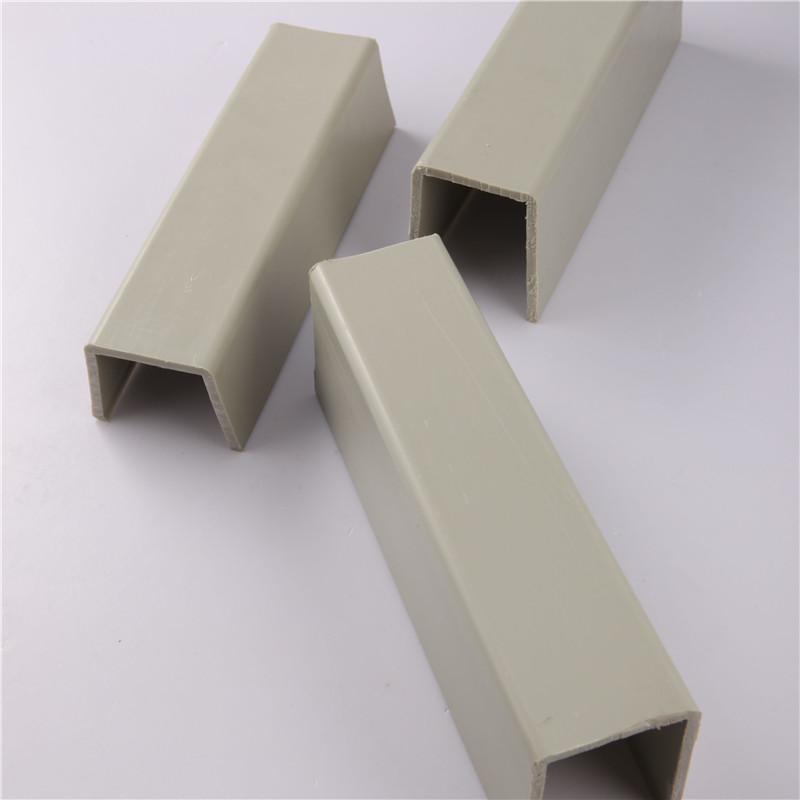Aug . 14, 2024 18:55 Back to list
Using PVC Pipe for Efficient Drip Irrigation Solutions in Sustainable Gardening Practices
PVC Pipes and Their Role in Drip Irrigation Systems
Drip irrigation is a highly effective method of watering crops that conserves water and improves yields. One of the most practical materials used in constructing drip irrigation systems is PVC (polyvinyl chloride) pipe. This article explores the benefits of using PVC pipes in drip irrigation, how they contribute to efficient water use, and the overall impact on agricultural practices.
Advantages of PVC Pipes
PVC pipes are widely recognized for their durability, cost-effectiveness, and ease of installation. Unlike metal pipes that can corrode and degrade over time, PVC exhibits resistance to chemicals and environmental factors, ensuring a longer lifespan with minimal maintenance. This makes PVC an ideal choice for agricultural applications, especially in regions where water quality can vary.
Another significant advantage of PVC pipes is their lightweight nature, which simplifies transportation and installation. Farmers can easily handle and position PVC pipes in fields, allowing for faster implementation of irrigation systems. In addition, the smooth interior of PVC pipes reduces friction, facilitating a more efficient flow of water. This results in less energy consumed by pumps and lower operational costs for farmers.
Efficiency in Water Use
The essence of drip irrigation lies in its ability to deliver water directly to the root zone of plants, minimizing evaporation and runoff. By integrating PVC pipes into this system, farmers can ensure precise water delivery, tailored to the needs of specific crops. The use of PVC not only supports the distribution of water but also enables the use of various emitters that can be adjusted for different plant types or soil conditions.
pvc pipe to drip irrigation

Moreover, drip irrigation systems utilizing PVC piping can be designed to incorporate filters and pressure regulators. This ensures that the water delivered to crops is clean and at the correct pressure, further enhancing the efficiency of the irrigation process. By optimizing water use, these systems significantly reduce water waste, making them an environmentally friendly option for agriculture.
Impact on Agriculture
The adoption of PVC pipe drip irrigation systems has a profound impact on agricultural productivity and sustainability. With the rising challenges of water scarcity and climate change, farmers are increasingly turning to efficient irrigation practices to bolster their resilience. PVC pipes play a crucial role in this transition by providing a reliable and effective means of managing water resources.
Fields equipped with drip irrigation systems often show improved crop yields compared to those relying on traditional irrigation methods. The targeted application of water not only supports healthier plant growth but also reduces the incidence of diseases linked to excess moisture. This means farmers can achieve better outcomes while using significantly less water — a crucial advancement as global populations grow and demand for food increases.
Conclusion
In conclusion, PVC pipes are essential components in modern drip irrigation systems, offering numerous benefits that contribute to sustainable agricultural practices. Their durability, ease of installation, and efficiency make them a top choice for farmers seeking to optimize water use and improve crop yields. As agricultural practices continue to evolve, the integration of PVC piping in drip irrigation schemes will likely play a pivotal role in addressing the pressing challenges of water scarcity and food production. By leveraging the advantages of PVC pipes, farmers can cultivate a more sustainable future for agriculture.
-
High-Quality PPR Pipes and Fittings Durable ERA PPR & PVC PPR Solutions
NewsJul.08,2025
-
Black HDPE Cutting Board - Durable, Non-Porous & Food Safe HDPE Plastic Cutting Board
NewsJul.08,2025
-
High-Quality CPVC Panel Durable HDPE & PVC Panels Supplier
NewsJul.08,2025
-
Double PE Welding Rod Supplier - High Strength, Durable & Versatile Welding Solutions
NewsJul.07,2025
-
High-Quality PVC-O Pipe Supplier Durable 75mm PVC Pipe & Connections Leading PVC Pipe Company
NewsJul.07,2025
-
HDPE Drainage Pipe Supplier – Durable & Corrosion-Resistant Solutions
NewsJul.06,2025

